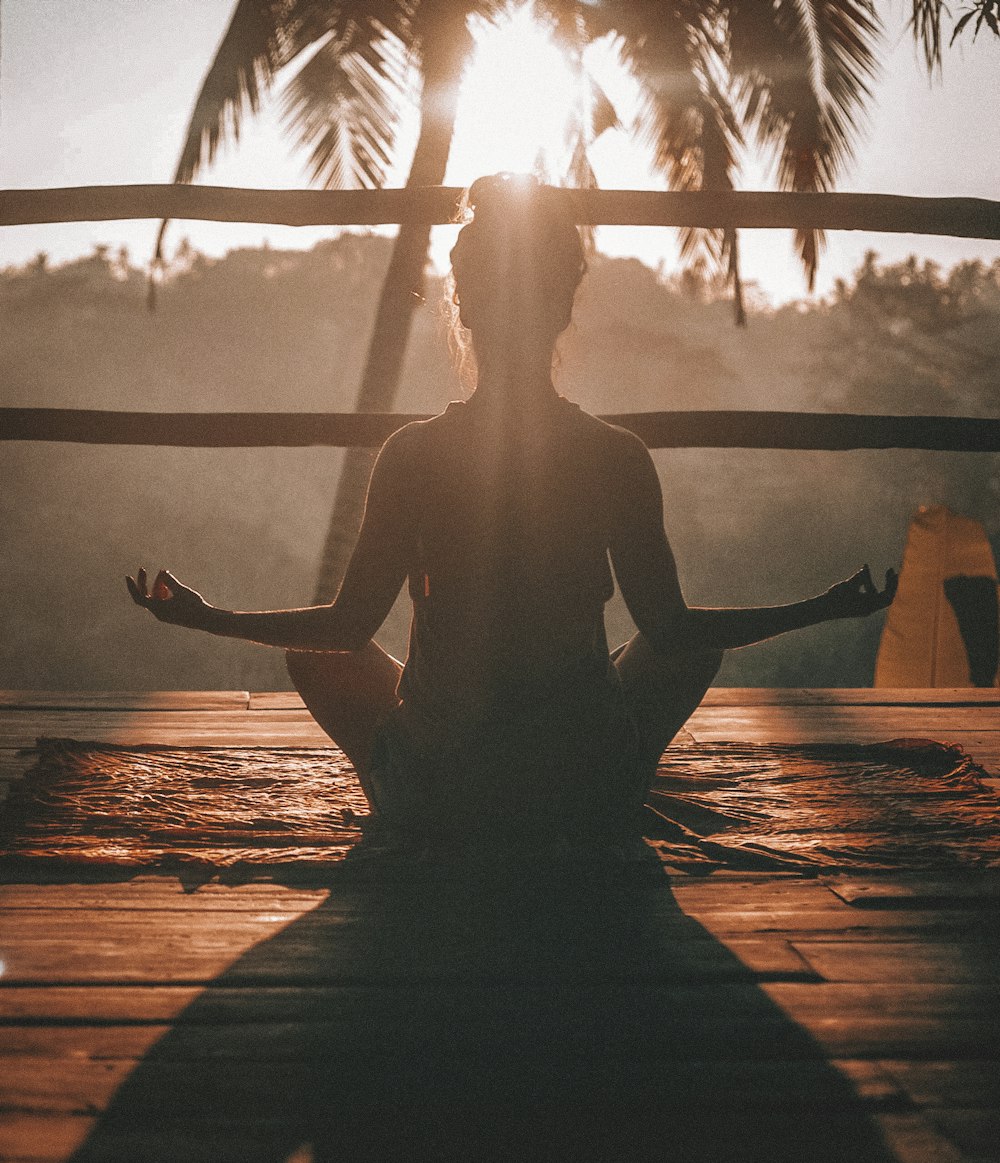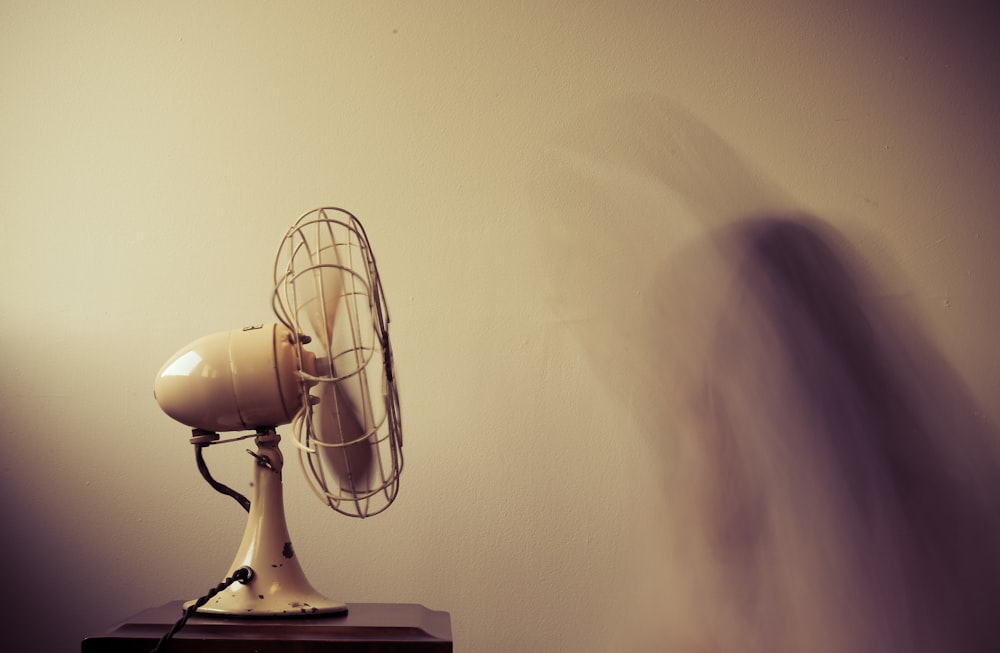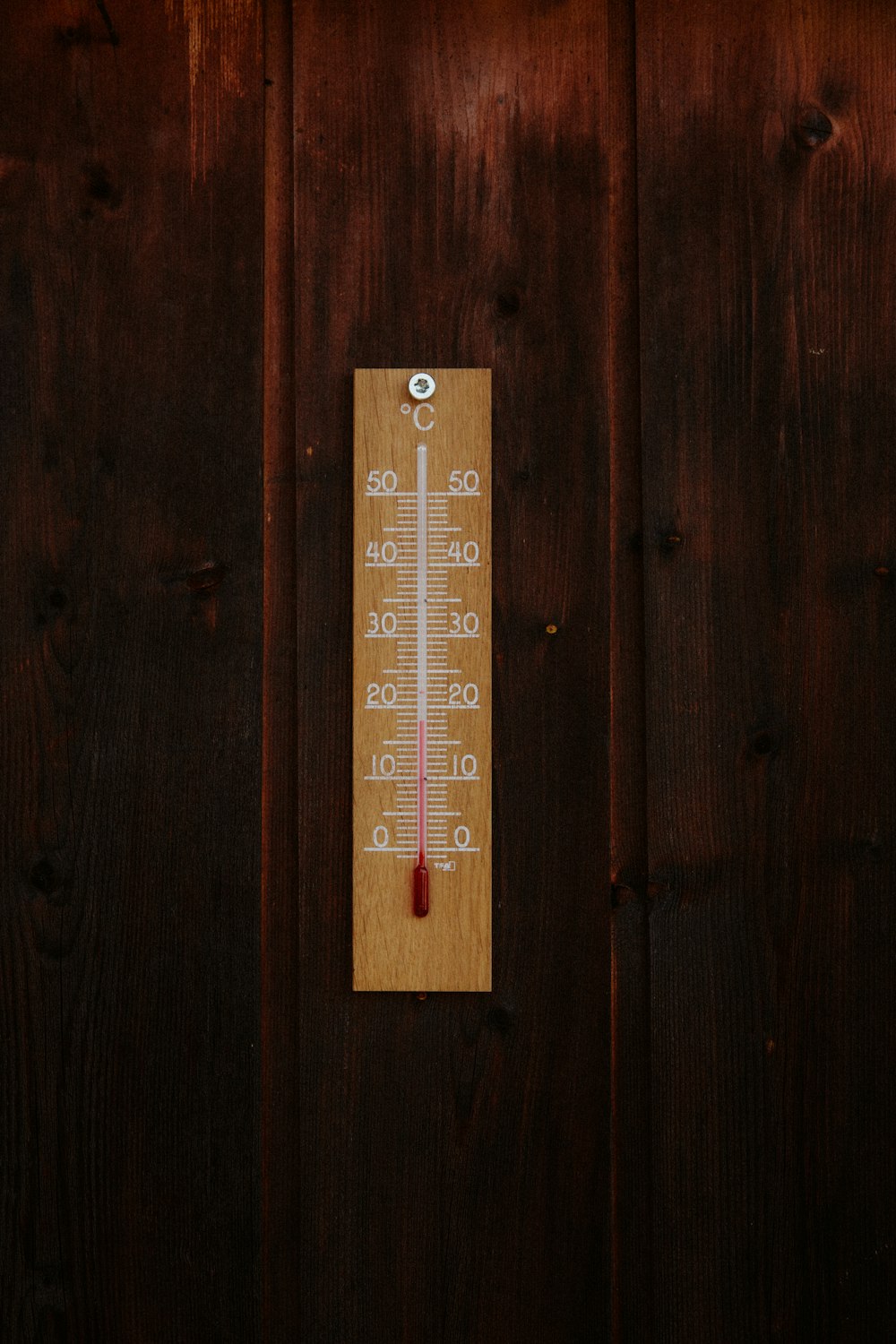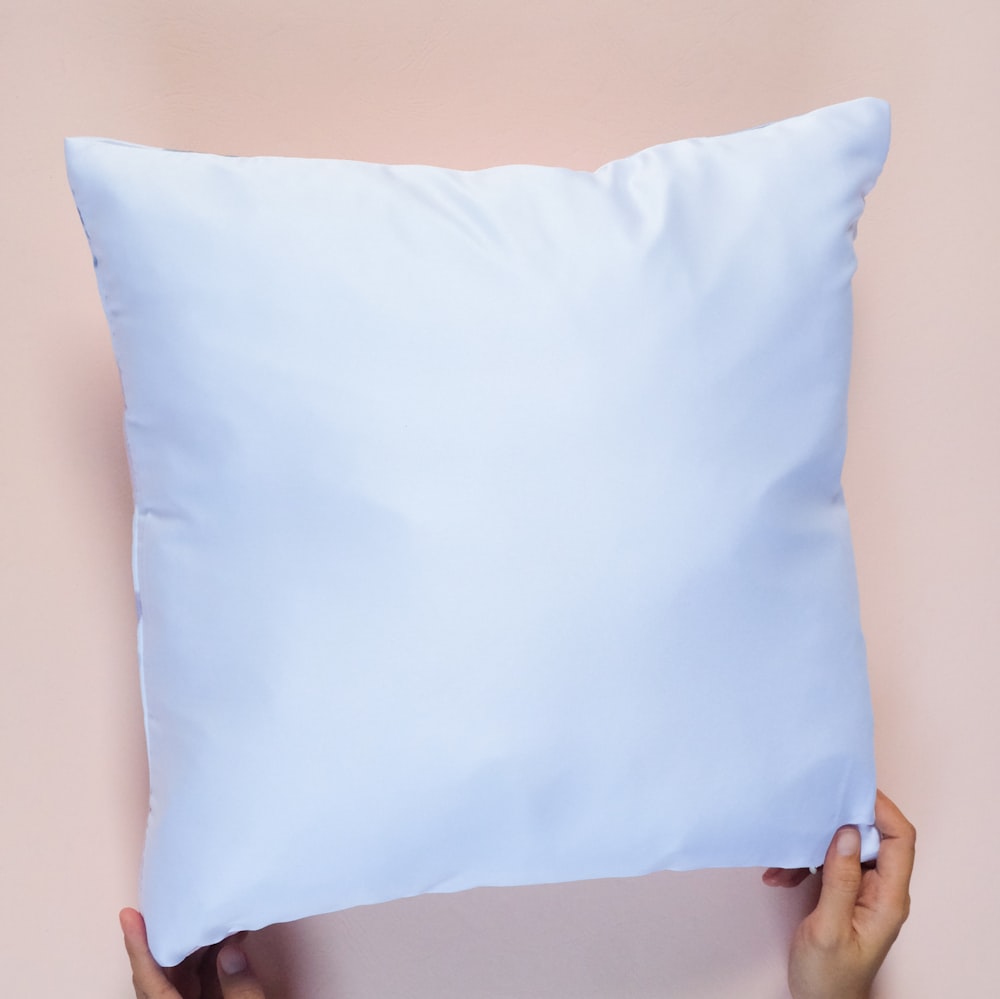Ever wondered how to fix a sleep schedule?
Are you tired all the time? Do you feel like sleep is a lost cause? Well, it doesn’t have to be! In this blog post, we will discuss seven tips that can help fix your sleep schedule. Follow these tips and watch as your energy levels increase and your mood improves. Sleep is important for everyone, so make sure to get enough of it!
Set a specific bedtime
When it comes to time for sleep, there should be no exceptions. Sleep needs to happen at the same time every night. This will help your body establish a routine and make it easier for you to fall asleep.
Set an alarm so that you know when it’s bedtime and time to wake up. Sleep on a regular schedule even during weekends or vacations.
Create a healthy nighttime routine that you can follow every night before bed, such as reading a book or washing up with lavender soap. This will help activate relaxation and prepare your body for sleep.

Take naps during the day
Taking naps can be a really good way to catch up on sleep. Sleep experts say that if you nap for 30 minutes or less, it will not interrupt your nighttime sleep and won’t leave you feeling groggy during the day.
Naps can also help with mental relaxation and refreshment after long periods of concentration or physical activity. Sleep experts say that a person should not nap for more than 90 minutes to avoid disruption of nighttime sleep.
Keep a consistent wake-up time
Keeping a consistent wake-up time will help your body get into a sleep schedule. This will keep you from feeling groggy and lethargic during the day because it is natural for our bodies to naturally start getting sleepy at night-time.
A consistent wake-up time also gives you the freedom on weekends or vacations to sleep in if needed!
Doing something active before bedtime can help you sleep better. Doing something active before bedtime can also reduce the amount of time it takes to fall asleep and improve how much sleep we get
One good activity is yoga or any other relaxation exercises that will clear your mind and calm you down for a great night’s sleep!
Once you are awake you are going to need some breakfast so why not try out our recipes.
Get outside in natural light every day
We are all creatures of habit. After a long day, it’s easy to get into the routine of staying up late and sleeping in on weekends or vacations
Getting outside for 30 minutes a day will help you establish healthy sleep habits by getting your circadian rhythm back on track! This is especially important if you work night shifts because being exposed to natural light during the day will help regulate your circadian rhythm and promote a healthy sleep schedule. Don’t forget the sun is your natural alarm clock.
It’s important to have a healthy sleep schedule as it will make you feel better during the day and help you be more productive!
Avoid screens at least an hour before bedtime
Do not use screens at least an hour before bedtime. It can be really tempting to check our phone or TV right before we go to sleep, but it’s not healthy for your body!
Screens produce artificial light which can severely disrupt the circadian rhythm and make us feel restless at night-time. Try reading a book instead of watching Netflix to help you relax and get ready for bed.
Do not be afraid to try healthy sleep remedies. There are tons of healthy sleep aids on the market that can help you with sleeping better! Keep an eye out for any products such as tea, lavender plants or other things in your area like eucalyptus trees which have been proven to promote healthy sleep.
Blue light refers to a certain wavelength of light that is contained in the visible spectrum and is generally considered unhealthy. Blue light can stop you from sleeping if it affects your body’s melatonin production or triggers activation of your biological clock

Circadian rhythm
The circadian rhythm is the natural 24-hour internal cycle that tells your body when to sleep and what time of day it should be awake. Circadian rhythms are often referred to as our biological clock because they regulate many bodily functions, including temperature, blood pressure, heart rate, hormone release and even hunger.
In order for circadian rhythms to help regulate these bodily functions, it is necessary for people to be able to find a healthy sleep schedule that works with their natural circadian rhythm. A healthy sleep schedule should allow at least one full night of uninterrupted sleep and only include naps if the nap will not affect your ability to get a full night’s restful sleep later in the day.
Drink plenty of fluids
Your sleep schedule can be fixed by drinking plenty of fluids and staying hydrated.
Drinking enough water will help your body metabolize hormones and maintain healthy levels of fluid, which are very important for healthy sleep!
Keeping a healthy sleep schedule is about finding what works for you to promote healthy sleeping habits that give you the energy and mental clarity to be at your best all day long. As easy as it may seem, healthy sleep habits are not created overnight
It will take some time and practice to find the right balance of healthy sleeping behaviours that work for you. In order for your healthy sleep schedule to be effective, it is beneficial for all members of the family (including pets) to get on board with healthy sleep practices!
Sleep Schedule
Setting a sleep schedule is one of the first steps to fix your sleep schedule.
What is your healthy sleep time?
It will take some trial and error to find what works for you. It may be difficult at first, but it’s worth the effort! In order for healthy sleeping habits to work, everyone in the household needs to get on board with practising healthy sleep behaviours that work best for them. Remember: healthy sleep behaviours that work for you are healthy sleeping habits.
Practice meditation
In before-sleep meditation, the meditator tries to focus on breathing and go through different parts of their body. This allows for a cool-down from hyperarousal triggered by worries about the day’s events or thoughts about tomorrow – which helps one go into a state of deep relaxation, better preparing oneself for a good night’s sleep.

White noise
White noise has been medically reviewed a study published in the Journal of Science and Medicine in Sport found that white noise does help people sleep better. Researchers tested this with a group of volunteers who were given an hour of white noise to listen to for two days before bedtime. The volunteers who listened to the white noise slept for more hours, woke up less often, and felt more refreshed after they got out of bed than those who had not listened to the white sound.

What temperature should I sleep in?
Sleep at a temperature that is neither too warm nor too cold. A room that is consistently at 68 degrees Fahrenheit (20 degrees Celsius) has been found to be the best sleep environment for most people. When your body’s internal thermostat is set correctly, it will go into a healthy sleep mode within an hour of your normal bedtime-otherwise it can take up to two hours!

Eating earlier
It is recommended to eat in order to go to sleep. Make sure that whatever you eat is healthy though. One way to go about this is to have a light meal of carbohydrates and protein. Your body will go into a state of calmness after your stomach has been filled with food.
Another method would be to wait the designated time before going to bed and having a glass of milk or some hot chocolate with marshmallows. This will give your body energy when it needs it.

Get a new pillow
It is recommended to get a new pillow. A new pillow will go a long way to improving your sleep and the quality of rest.
A pillow with the right thickness and firmness is crucial for maintaining proper neck alignment while sleeping on one’s side or back, which helps you go to sleep more easily and avoid any pain.
A good way to go about this is by opting for a foam, memory foam or latex pillow. The goal of the best material is to provide comfort, but that will depend on your preference. They are all nonabsorbent materials that allow skin air circulation. Memory foam provides great support because it moulds itself around your head and neck. A lot of pillows have been medically reviewed and these are the best ones.

What to do if none of these tips help?
If you are not sure if your sleep deprivation is caused by a rational or irrational belief, keep working on changing your behaviours to see if there are any changes in your sleep deprivation. Keep trying different things until you find something that works. If none of these tips works after trying them all then you might have a sleep disorder and should seek medical advice from your doctor.
Final Thoughts
Getting a good night’s sleep is important for our health and productivity. It can be difficult to get enough quality sleep if we have an irregular schedule or too many tasks on the go at once, but there are some simple changes you can make that will help your body fall asleep faster and stay asleep longer. This blog post has given you valuable information about how to fix your sleep schedule so it meets all of your needs.










